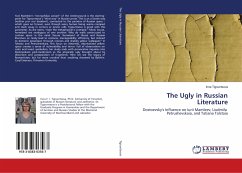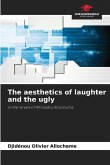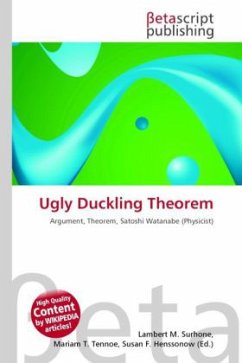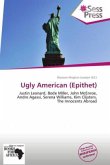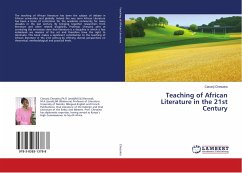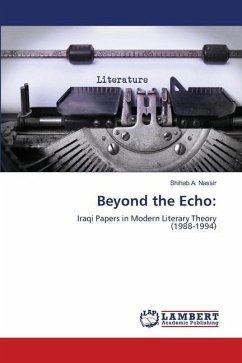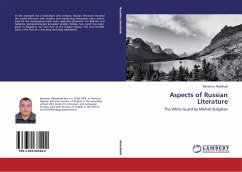Yurii Mamleev s necrophiliac variant of the Underground is the starting-point for Tigountsova s third way in Russian prose. This is an a-Soviet way (neither pro- nor dissident), connected to the paradox of Russian space which goes on forever, even though every human being seems cramped and stuck away in corners or prison cells. Tigountsova is good with this parameter. As she notes, even the metaphysical is cramped. Mind, house, homeland are analogues of one another. Why do walls constructed to contain space in the mind /house /homeland of Russia and Russian literature so rarely lead to coziness, manageability, efficiency, but instead to demonic possession through crevices and shabby yellow wallpaper? In Tolstaia and Petrushevskaia, this focus on distorted, deprivatized yellow space creates a sense of vulnerability and terror. Full of observations on color and insect symbolism, her study ends with provocative inquiries into Dostoevskian post-modernism as the physically ugly brought about by distortion and juxtaposition of fragments. Here we see the legacy of Romanticism, but far more crooked than anything dreamed by Bakhtin. Caryl Emerson, Princeton University
Bitte wählen Sie Ihr Anliegen aus.
Rechnungen
Retourenschein anfordern
Bestellstatus
Storno

